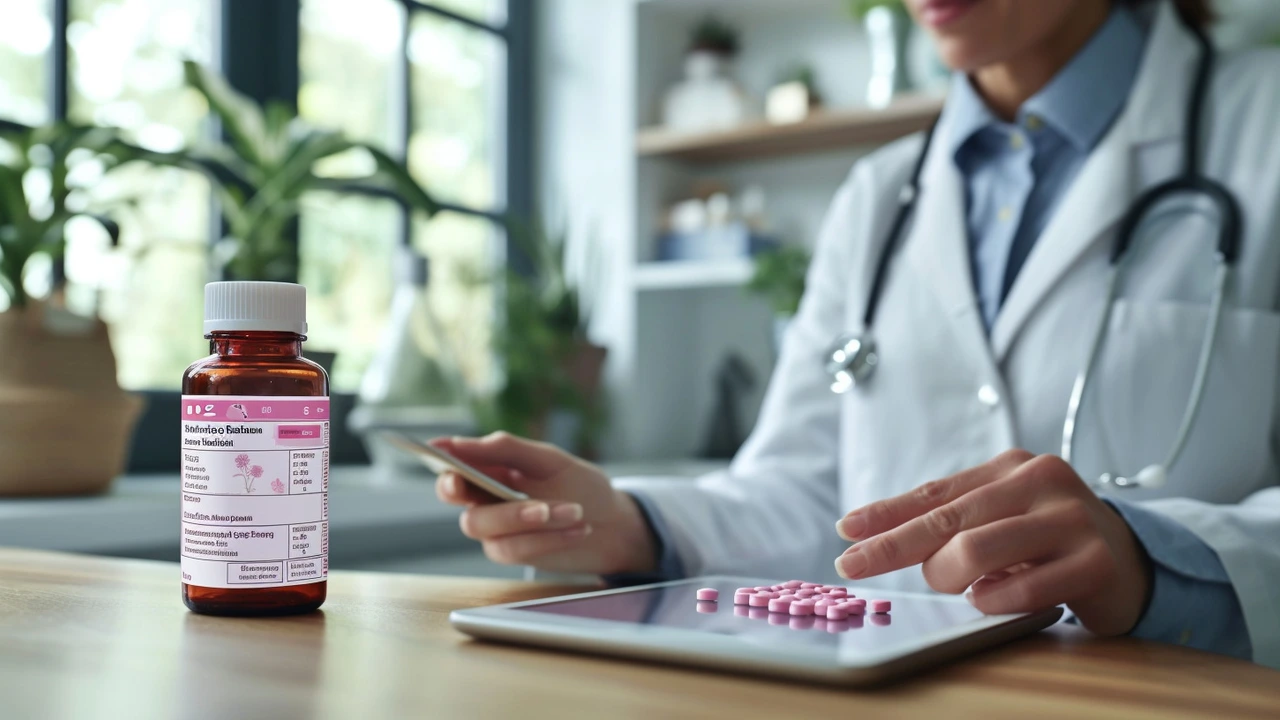Hydroxychloroquine – What It Is, How to Use It, and Key Safety Tips
If you’ve seen hydroxychloroquine mentioned in news articles or doctor visits, you probably wonder what it actually does. In simple terms, it’s a pill that fights malaria parasites and calms down an over‑active immune system. Doctors also prescribe it for lupus and rheumatoid arthritis because it can reduce joint pain and skin rashes.
Common Uses of Hydroxychloroquine
The drug started as a malaria treatment, especially when you travel to places where the disease is still common. Today, many people take it for chronic conditions like systemic lupus erythematosus (SLE) and rheumatoid arthritis (RA). In those cases, hydroxychloroquine helps keep flare‑ups under control so you can feel steadier day to day.
During the early COVID‑19 pandemic, the medicine got a lot of attention as a possible cure. Research later showed it isn’t effective for most COVID patients, but some doctors still discuss it when treating specific complications. Always follow your doctor’s advice on why you’re getting the drug and what they expect it to do for you.
Safety and Side‑Effect Checklist
The biggest safety concerns involve the eyes and the heart. Long‑term use can cause retinal damage, so eye exams every year or two are a must if you stay on the medication for months. Some people notice stomach upset, headache, or mild skin rash when they start taking it.
Rarely, hydroxychloroquine can affect your heart rhythm. If you have a history of heart problems, tell your doctor before starting. Also, avoid alcohol and other drugs that stress the liver while on this medication, as they can increase side‑effect risk.
How to Take Hydroxychloroquine Correctly
Take the pill with food or a glass of milk to lessen stomach irritation. Do not crush or split extended‑release tablets unless your pharmacist says it’s okay. The usual dose for lupus is 200–400 mg daily, but doctors adjust based on weight and how you respond. Never double up if you miss a dose; just take the next one at the regular time.
Things to Watch When Buying Online
If you need to order hydroxychloroquine from an online pharmacy, make sure the site requires a prescription and shows a valid license. Look for clear contact info and reviews that mention real customer service. Cheap prices can be tempting, but counterfeit pills are a real danger—always verify the pharmacy through trusted resources.
Quick FAQ
Can I take hydroxychloroquine if I’m pregnant? Talk to your doctor; it’s usually safe for lupus patients but not recommended for malaria prevention during pregnancy.
How long does it take to feel better? For arthritis or lupus, you might notice less pain after a few weeks, but full benefits can take up to three months.
What should I do if I see vision changes? Stop the medication and call your doctor right away; an eye exam will determine if any damage occurred.
Hydroxychloroquine can be a helpful tool when used correctly. Keep track of dosage, watch for side effects, and only buy from reputable pharmacies. With these steps, you’ll get the most benefit while staying safe.

Exploring the Best Hydroxychloroquine Deals Online: A Comprehensive Guide
This article dives into finding the best Hydroxychloroquine deals online, offering a wealth of information on its medical uses, side effects, and recommended dosages. It is crafted to guide readers through the complexities of this medication, making the process of obtaining it more accessible and understandable. By exploring Hydroxychloroquine's interaction with other drugs and highlighting tips for users, this piece aims to be an essential read for anyone considering this treatment.
Read More